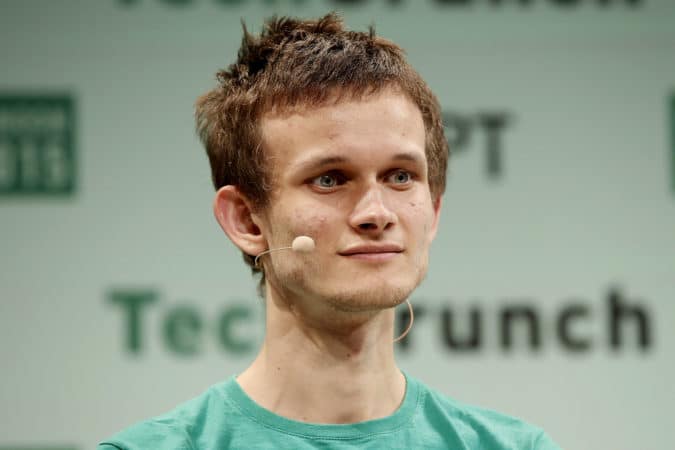TLDR
- Péter Szilágyi accused Ethereum founder Vitalik Buterin and his inner circle of having excessive control over development.
- Szilágyi claimed that a small group of individuals and venture capital firms dominate decision-making in the Ethereum ecosystem.
- He argued that project success depends more on insider connections than on open and fair evaluation.
- Polygon CEO Sandeep Nailwal expressed frustration with Ethereum’s governance and questioned his loyalty to the network.
- Nailwal said Polygon has received little support from the Ethereum Foundation despite its significant contributions.
Ethereum is facing internal conflict as core developer Péter Szilágyi accused founder Vitalik Buterin of centralizing development control. Szilágyi published a letter to the Ethereum Foundation criticizing Buterin’s inner circle for dominating decisions. Following the backlash, Buterin responded publicly, praising contributors and addressing concerns over control and governance.
Péter Szilágyi Raises Centralization Concerns
Péter Szilágyi accused Ethereum’s leadership of operating under the influence of a small, tightly connected group. He claimed 5–10 individuals and 1–3 venture capital firms shape most project outcomes. “It is a Vitalik-centric interest group,” Szilágyi wrote in the letter.
He stated success in Ethereum relies more on internal proximity than merit-based evaluations. This, he argued, distorts fair competition across the broader ecosystem. Szilágyi said projects struggle if they lack alignment with the foundation’s inner leadership.
Szilágyi also criticized a lack of transparency in major development decisions. His letter followed Vitalik Buterin’s recent announcement of a cryptographic proof upgrade. The revelation reignited debates around Ethereum’s commitment to decentralization.
Polygon CEO Sandeep Nailwal Criticizes Ethereum Governance
Polygon CEO Sandeep Nailwal supported Szilágyi’s claims and questioned his own loyalty toward Ethereum. He said major contributors feel ignored despite their long-standing support. Nailwal described the community as “a shit show” lacking inclusive governance.
Nailwal said Polygon received little to no help from the Ethereum Foundation or core developers. He blamed internal social dynamics and claimed valuable projects get marginalized. He added that Ethereum-linked projects on Polygon are labeled as Ethereum achievements.
He emphasized that Polygon’s efforts often go unrecognized by core Ethereum insiders. Nailwal argued Polygon’s valuation could be significantly higher if it positioned itself as a Layer-1 chain. However, he reiterated his commitment to preserving the Layer-2 Ethereum narrative.
The Polygon CEO urged Ethereum leaders to reflect on why top contributors feel alienated. He said Ethereum’s social structure blocks collaboration rather than enabling it. Nailwal warned that further neglect could weaken the broader ecosystem’s unity and innovation.
Vitalik Buterin Responds to Criticism and Acknowledges Support
Vitalik Buterin responded by commending Polygon’s role in Ethereum scalability and innovation. He praised Sandeep Nailwal for his ongoing contributions to the Ethereum community. Buterin said, “Polygon has consistently delivered critical infrastructure that supports Ethereum’s long-term goals.”
Buterin acknowledged the early efforts of Polygon on zero-knowledge (ZK) technology. He stated ZK proving costs are now roughly $0.0001 per transaction. He suggested Polygon could upgrade its PoS chain using current ZK tech with full Ethereum Layer-1 security.
He also highlighted Nailwal’s decision to return $190 million from a SHIB donation. That act, Buterin noted, enabled the launch of Balvi, an open-source biotech initiative. The program focuses on anti-airborne disease research and supports public health innovation.
Buterin emphasized his aim to improve Ethereum scalability tenfold within a year. He recognized that achieving this goal would require close collaboration with projects like Polygon. He concluded by calling for stronger partnerships to ensure Ethereum’s success.






